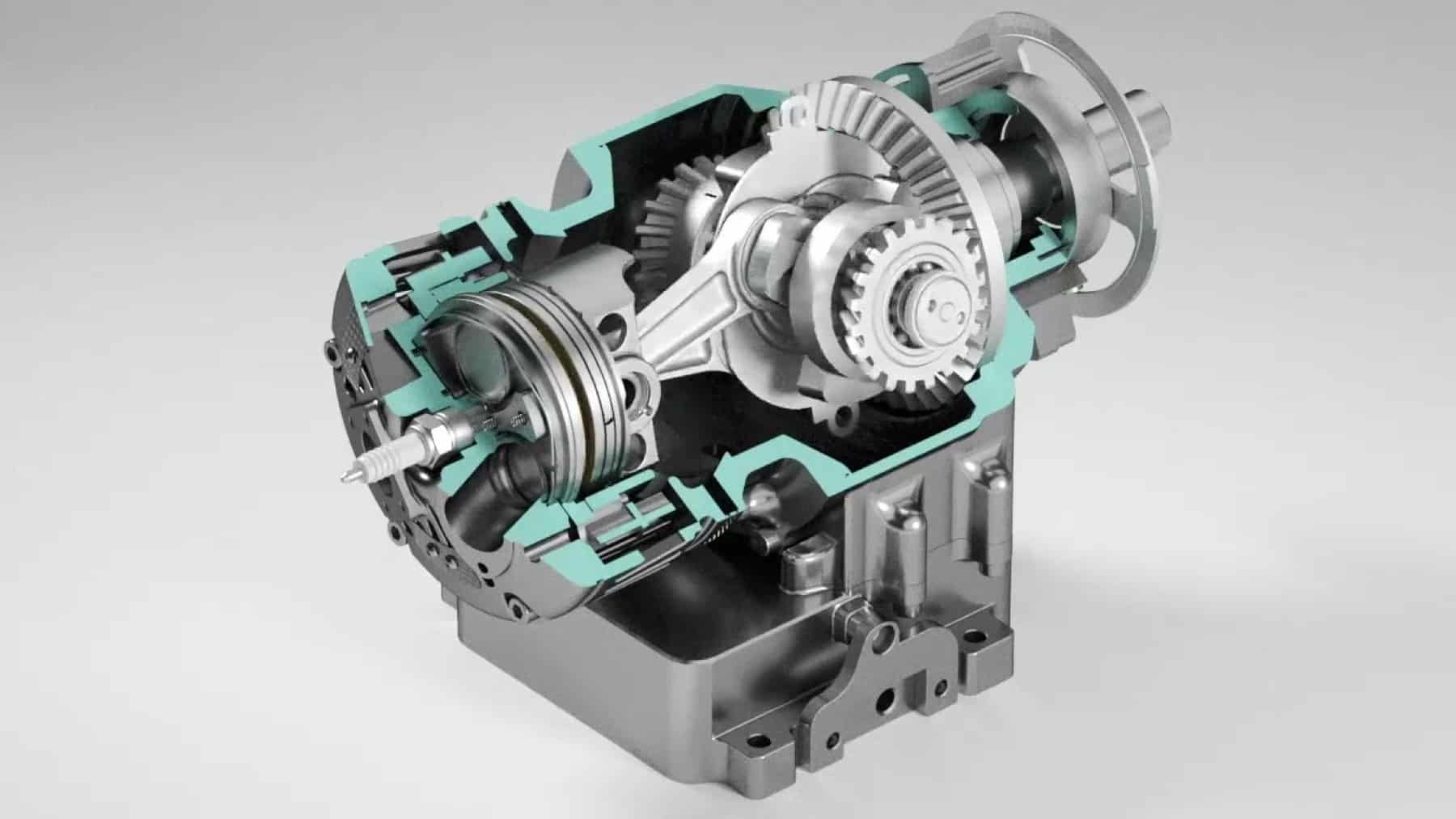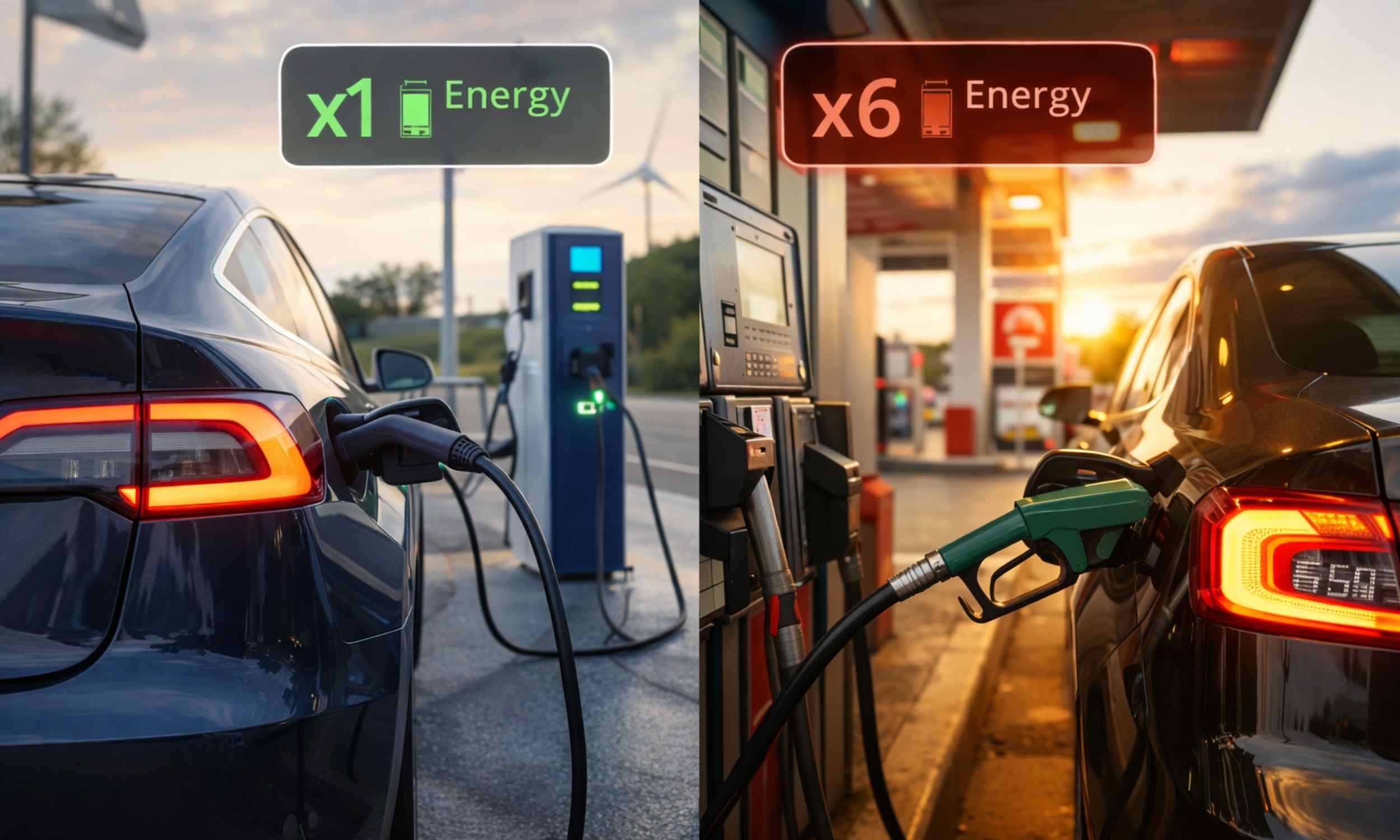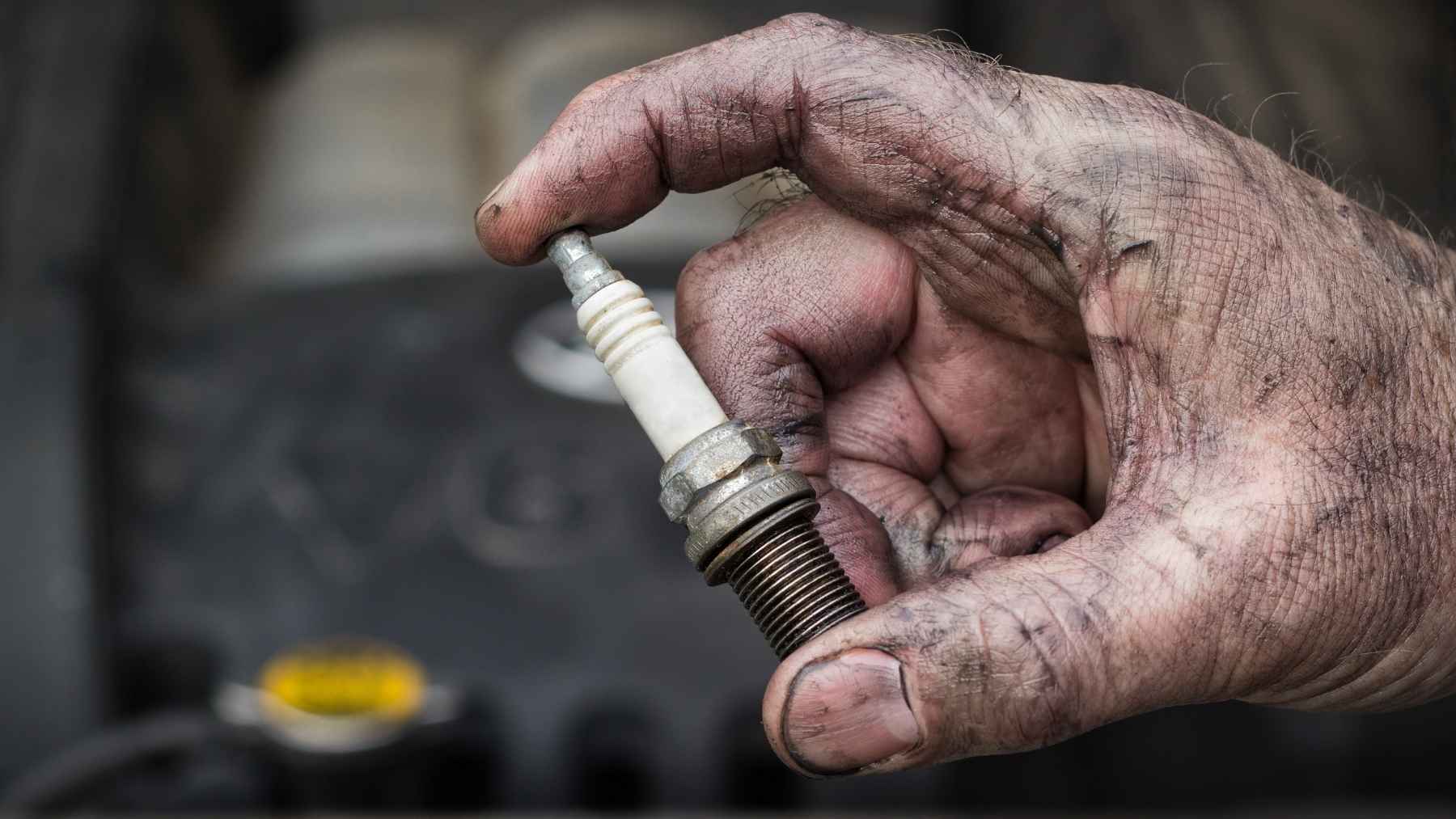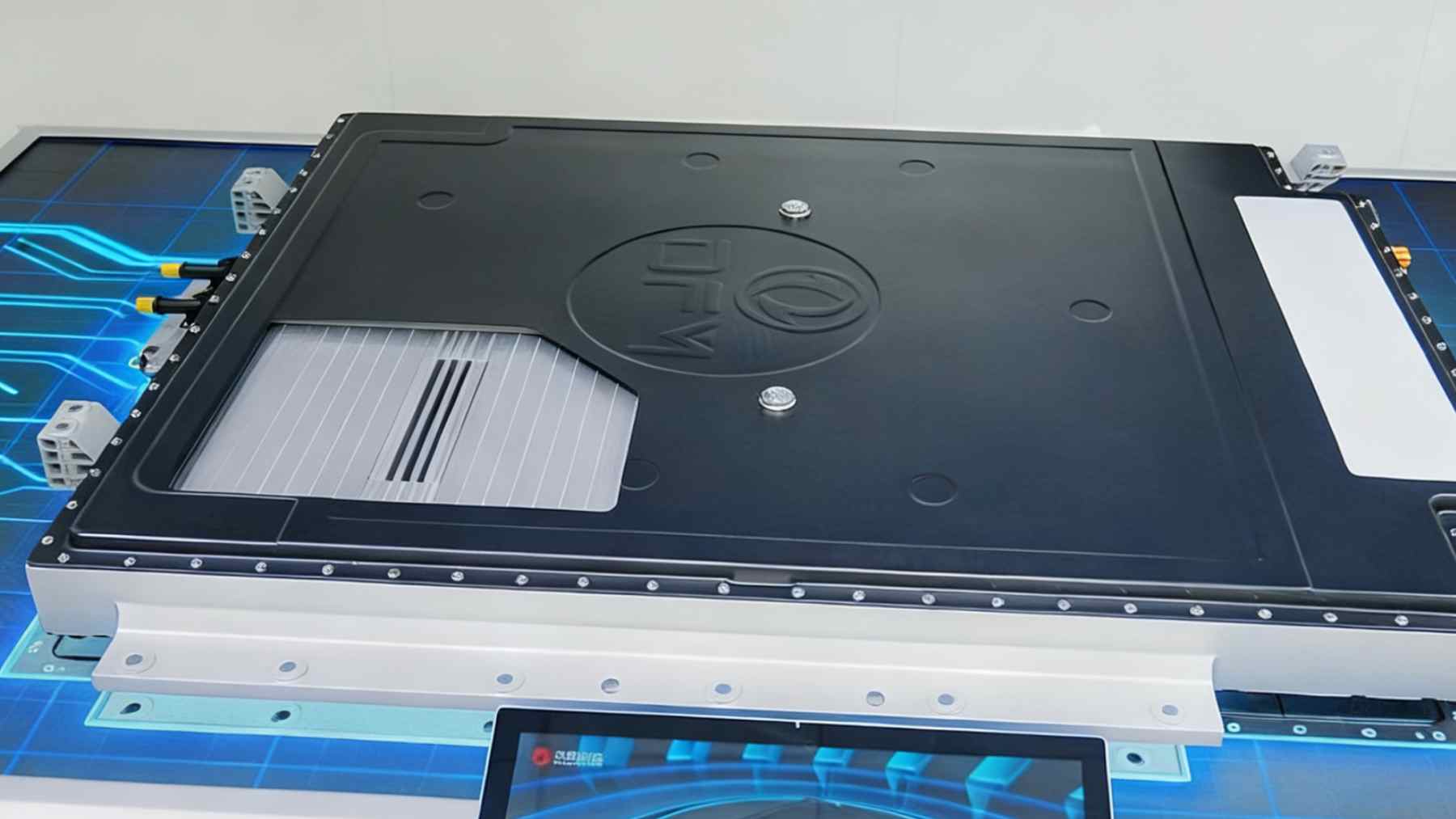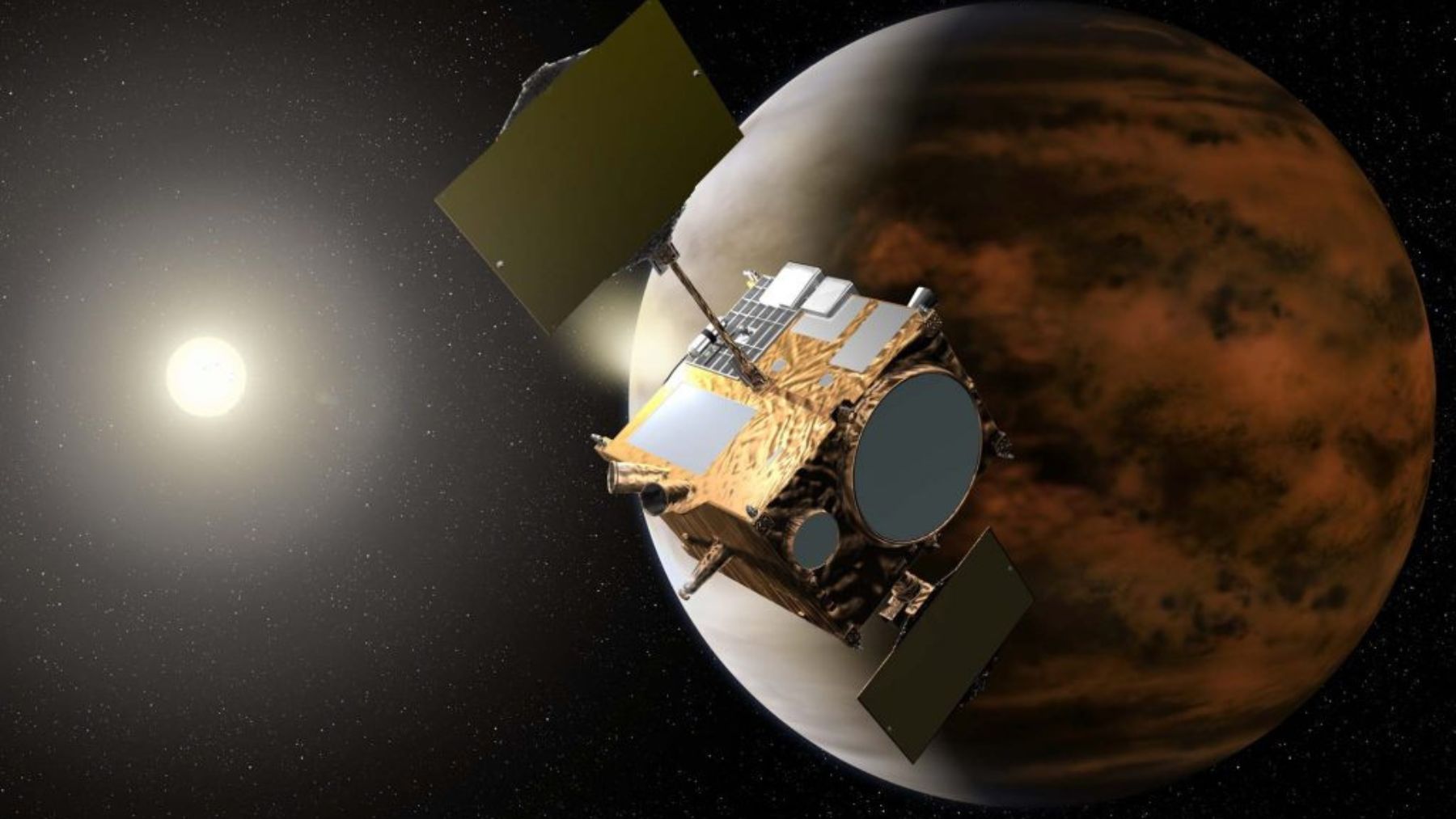As the world looks for alternative engine solutions, the rise in electric and hydrogen engines is underway; however, this new engine may throw a spanner in the works. With the climate and energy crisis upon us, the transportation industry has looked towards more sustainable technology in order to provide alternative options to rely on, which promote carbon-neutrality and reduce the industry’s carbon emissions. However, new developments for the internal combustion engine continue to be released.
The age of the electric engine rises
In the past decade alone, the rise in electric vehicles and their associated engines has been dramatic. Twenty years ago, such technology was simply a niche concept that was championed by certain environmentalists as well as science fiction lovers. Today, the electric engine represents more than just a symbol of carbon-neutrality, but is a sign of luxury and advanced technology. In order to remain competitive in today’s passenger vehicle world, nearly all automobile companies provide some type of electric model for consumers to take their pick of.
Hot on the heels of the electric engine is the growing popularity of the hydrogen fuel-cell engine. While still outnumbered by electric vehicle models, more automobile developers are beginning to develop this technology alongside their electric engine offerings. This technology has been particularly embraced by Japanese automobile developers, such as Toyota, which has been teaming up with competitors in order to expand this technology and achieve their vision of a ‘hydrogen-powered society.’
However, despite the need to implement more sustainable solutions, automobile developers are limited not by the alternative engine technology itself, but by the lack of support received from external stakeholders to scale up the required infrastructure needed to support these vehicles. In addition, these vehicles remain largely luxury-tier vehicle model options, making them inaccessible to consumers even if they do want to make the switch to more sustainable solutions.
New ‘toy-like’ engine to beat hydrogen?
While hydrogen fuel-cell technology is well on its way to becoming the number one competitor of electric engine technology, this new engine may add fuel to the fire. In light of continued limitations on expanding the reach of alternative engine technology, automobile developers have continued to develop and refine their internal combustion engine technologies in order to satisfy continued consumer demand with increased efficiency.
Automobile developer Avadi recently released a prototype of a ‘self-rotating engine,’ the Avadi MA-250 engine, which is more compact, smaller, and ‘toy-like’ to make it more efficient than ever before. Should it head into mass production, it has the potential to be part of a new generation of internal combustion engines, which bridge the gap between the switch to alternative engine technology by emitting as few emissions as possible. However, Avadi has not released any updates on the prototype since 2024.
The changing world of passenger vehicles
Not only are new internal combustion and alternative engine solutions continuing to be released by automobile developers around the world every year, pushing the boundaries and capabilities of what we previously assumed such engines are capable of, but we are also now looking at a world that may see self-driving vehicles within the next decade.
“One day, automated driving systems…may be able to handle the whole task of driving…” describes the National Highway Traffic Administration on their website.
While Avadi and other competitors continue to refine their current engine technologies, companies such as Tesla, Waymo, and Amazon are currently underway with piloting the first fully autonomous driving programs in the United States, with the race now on to be the first company to successfully achieve regulatory approval to begin rolling out these vehicles to the general public. However, major licensing and regulation hurdles await these companies should they pass the initial piloting phase.
Disclaimer: Our coverage of events affecting companies is purely informative and descriptive. Under no circumstances does it seek to promote an opinion or create a trend, nor can it be taken as investment advice or a recommendation of any kind.
